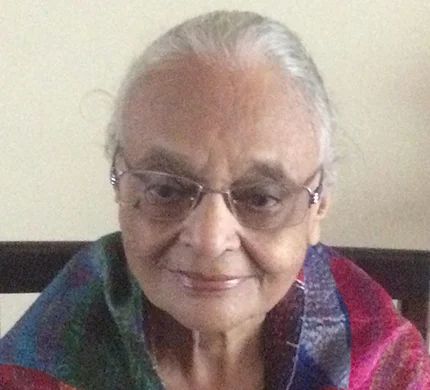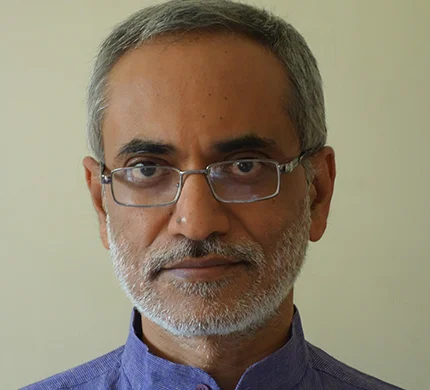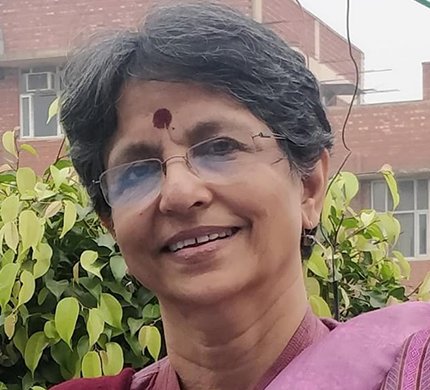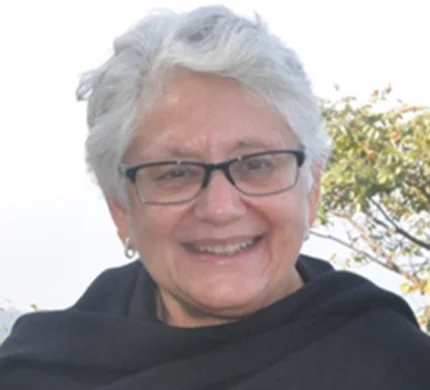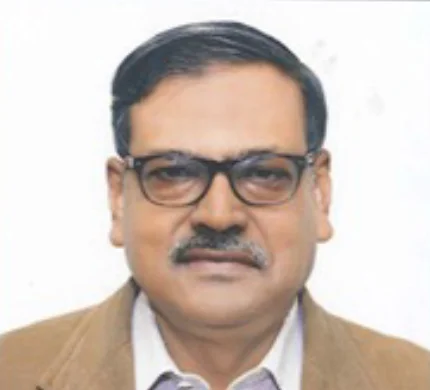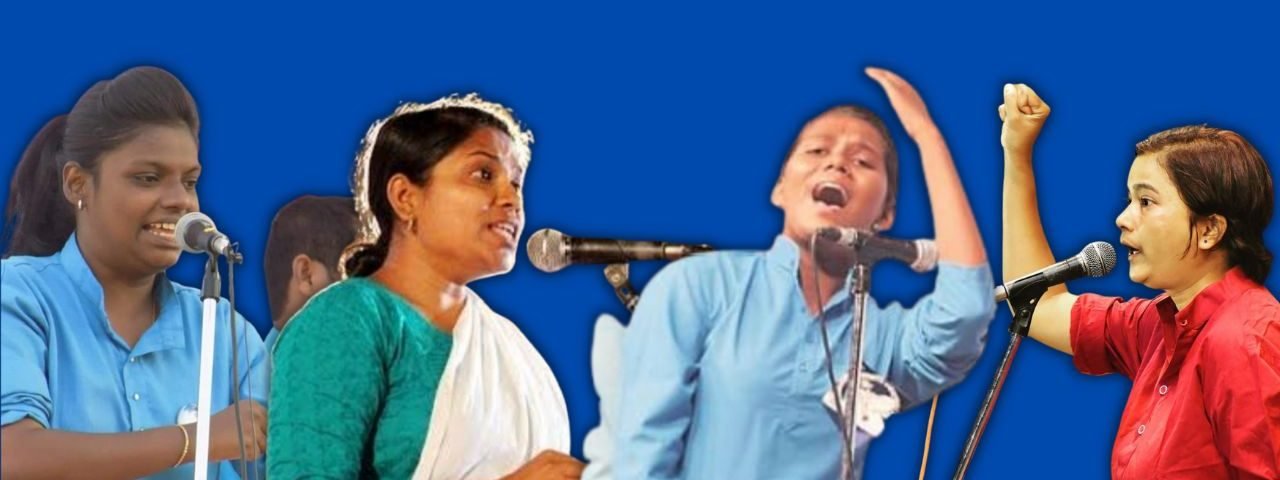
A rich tradition of theater exists in India which has been used for teaching and learning, and its encounters and interactions with other theatrical traditions give it a very unique form. We aim to draw upon this tradition to map the visions and counter visions which reveal the realities of those marginalized in the teaching-learning architecture of education. Through focusing on marginalized voices we wish to see what we can learn about participatory pedagogies and renewed visions and possibilities of imaginative action. Of particular interest are the traditions of Dalit and Ambedkarite Theater which have made significant contributions to the struggles for equality and entered into debates on education, cultural practices and social institutions. Dalit Theater adopts a distinctive approach since their vision of society is truly “from below.” Their preoccupations with inequality, social institutions such as family and religion, caste and patriarchy, gender justice and a more egalitarian vision of possible new utopias, set them apart from mainstream theater, and could provide useful approaches to transforming education. The project will employ qualitative research methods including but not limited to interviews, photographs, expressive writing, art-based expression and embodied performance techniques to generate narratives rich in metaphor that can provide insightful meaning to our research questions. These narratives from, by, and/or about participants will be transformed into literary and performative story formats. We believe that humans tend to structure knowledge into narrative forms of cognition—in other words, we tend to remember that which is in storied forms, forms which are not just a more ordered rendering of life but also aesthetically rich. The outputs of the project include podcasts, film, graphic novel, lecture performance and a journal article.
Key Words: Counter Imaginaries, Theater Pedagogy, Dalit Theater, Shahiri, Transformative Learning, Transformative pedagogies
Key Themes:
Theatre as Education; Transformative Pedagogies; Identities, Inequity and Social Justice
Project Site:
Delhi and Bhopal
Principal Investigator:
Sukhesh Arora
Co-Investigator:
Shena Gamat

